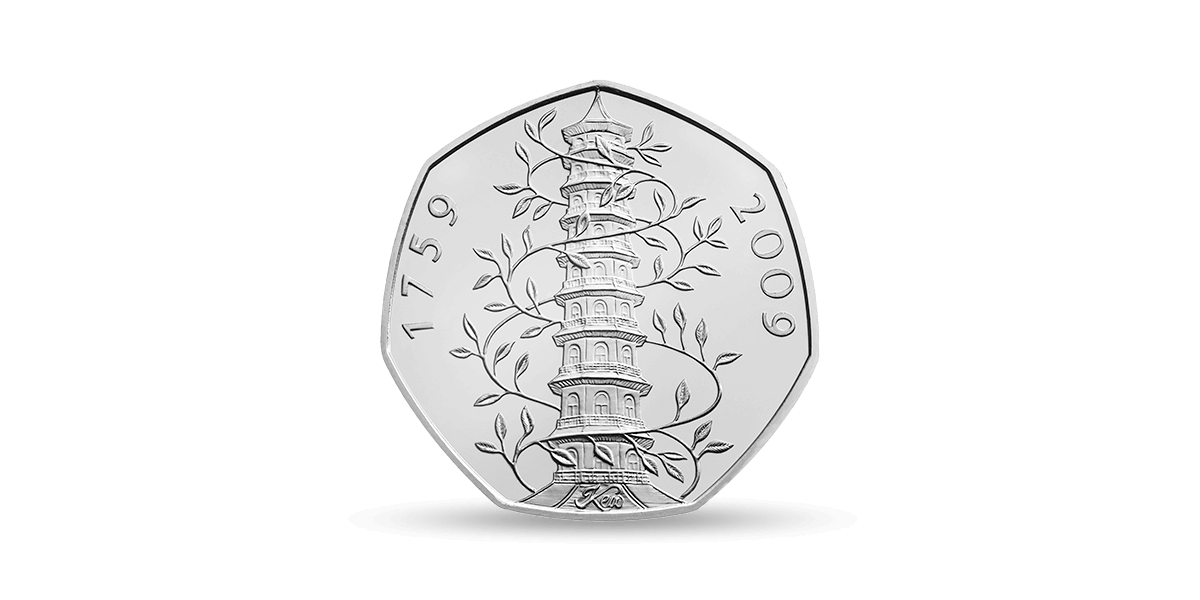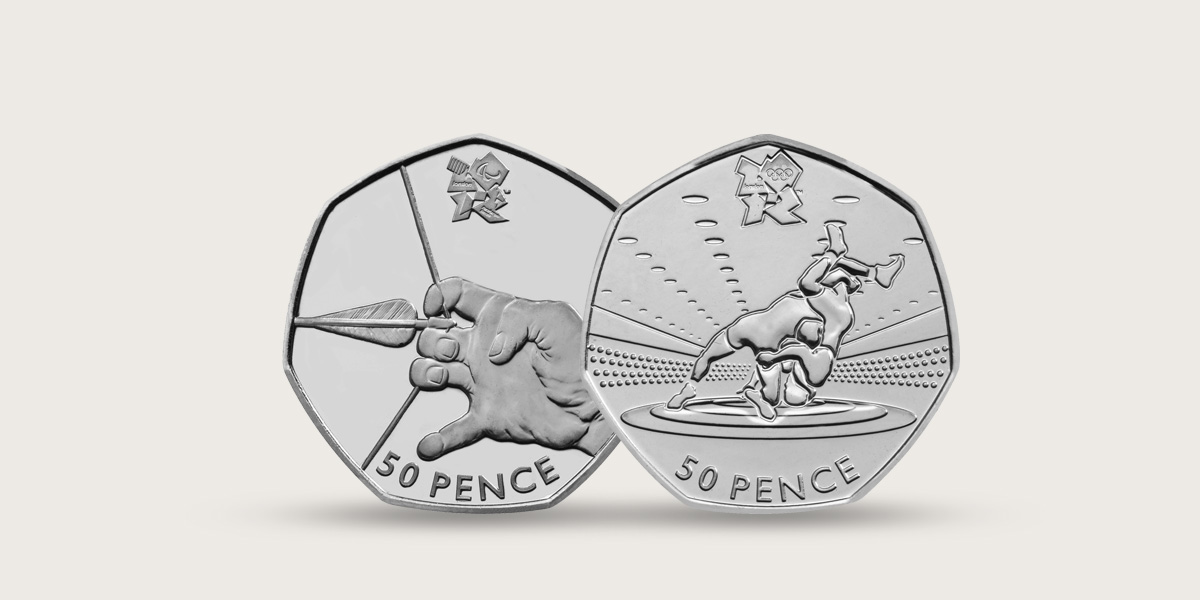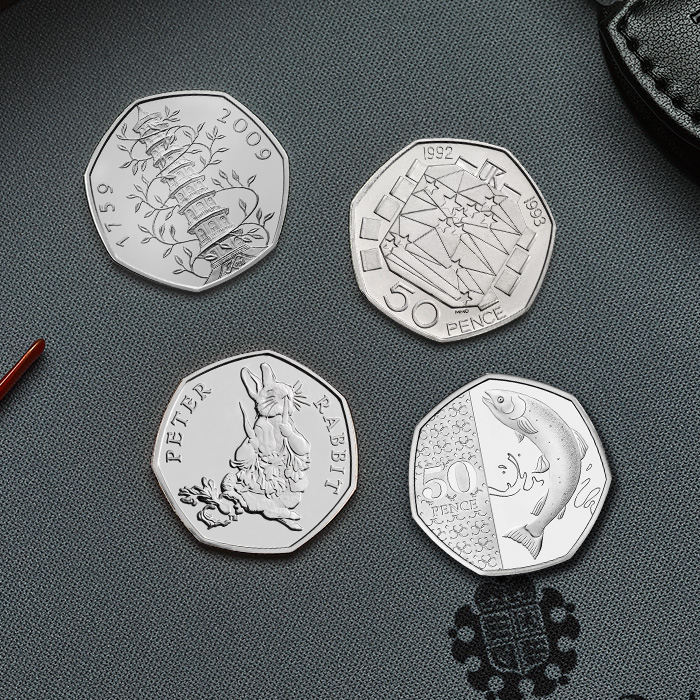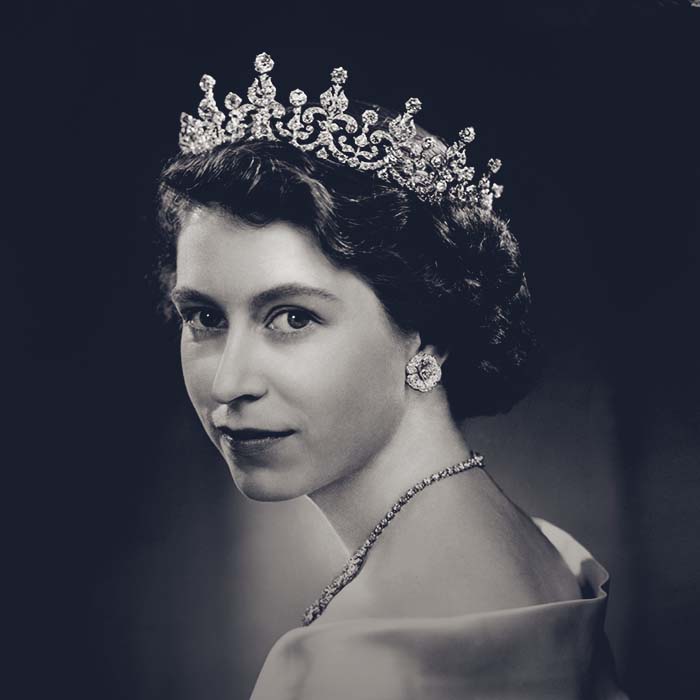Since its release in 1969, the 50p has featured more than 60 different designs, making it a huge favourite with coin collectors. We look back at 50 years of the 50p and some of the standout designs that have helped to make it Britain's most collected coin.
1969
A replacement for the ten-shilling note, the 50p coin entered circulation in October 1969. Featuring Christopher Ironside’s Britannia on its reverse, while this design may have been traditional, the shape, an equilateral curve heptagon, was revolutionary. Easy to distinguish from round coins by feel and by sight, its constant width ensured it still rolled smoothly in vending machines and parking meters.
1982
The inscription on the Britannia design was changed from ‘NEW PENCE’ to ‘FIFTY PENCE’. The original wording on the 50p was there to help people understand the new decimal system. Eleven years after the switchover it was no longer needed, hence the change.
1992-1993
A 50p coin marking the United Kingdom's Presidency of the Council of Ministers and the completion of the Single European Market entered circulation. Only 109,000 were minted, making it the rarest 50p ever put into circulation. However, there’s no chance of it turning up in your change as it was demonetised in 1998.
1997
With the introduction of smaller 5p and 10p coins in 1990 and 1992 respectively, the 50p coin became the largest in circulation. In October 1994 the government announced a further review of the United Kingdom coinage. The results revealed a requirement for a smaller 50p coin, which was introduced on 1 September 1997.
2008
A changing of the guard on the reverse of the 50p took place as Britannia made way for Matthew Dent’s shield design. Six coins from the 1p to the 50p can be pieced together to form the Royal Arms. The section included on the 50p shows the third and fourth quarterings
2009
Just 210,000 coins celebrating the 250th anniversary of the founding of the Royal Botanical Gardens at Kew were released into circulation. The reverse design, created by Christopher Le Brun RA, features the famous Chinese Pagoda at Kew with a decorative leafy climber twining in and around the tower. The demand was not high at the time which explains the low mintage. The coin's scarcity means it is highly sought after by collectors.

2012
A series of 50p coins were struck to celebrate the London 2012 Olympic and Paralympic Games as the capital hosted the games for the first time since 1948. Sports from archery through to wrestling were given their own designs, showcasing the diversity and enormity of the world’s biggest sporting event.

2017
A commemorative 50p was issued celebrating the work of Sir Isaac Newton. One of the most famous figures to serve as Master of the Mint, he turned his formidable scientific mind to the task of improving the accuracy and integrity of the United Kingdom’s coinage. His legacy lives on in the unrivalled quality standards we adhere to today.
2019
Alongside two carefully curated 50p sets celebrating British cultural highlights and the country's proud military history, a special anniversary 50p is released celebrating the science behind the shape. The world’s first seven-sided coin is an engineering marvel that has stood the test of time. 50 years after its introduction it’s still in use today.
Be Inspired

THE MOST COLLECTED COIN DENOMINATION
Shop 50p Coins
The Rarest 50p Coins
Is this in your change?
Monarchs on Coins
Kickstart your Collection